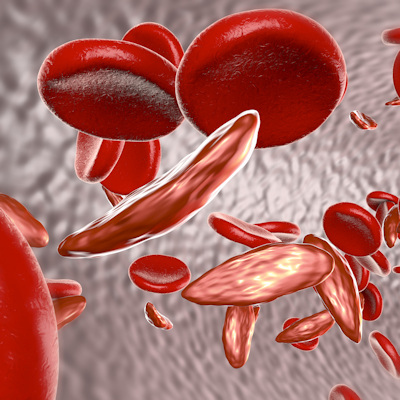January 29, 2021 -- Researchers at Children's Hospital of Philadelphia have developed a new gene therapy vector for blood disorders that is safer and more effective than those currently used in gene therapy clinical trials.
The new vector is an engineered lentivirus that minimizes the risk of toxic side effects in disorders such as sickle cell disease and beta-thalassemia. Typically, lentiviral vectors include a truncated version of intron 2 that does not code for proteins. But the team hypothesized that inclusion of a full-length intron, in addition to other genomic elements, could promote a uniform expression of the beta-globin gene and enhance functional hemoglobin. Based on this, they generated five vectors by combining different additional genomic elements.
Using in vitro and in vivo screening, the researchers identified one vector, ALS20, with a significantly higher transgenic hemoglobin expression than other currently used vectors. Comparatively, ALS20 was also more powerful with a lower dose providing higher hemoglobin production, which could reduce the need for myeloablation (reduce the ability of bone marrow to produce blood cells) and possibly allow for an in vivo delivery method. From a safety standpoint, ALS20 viral particles did not contain unwanted genomic RNA byproducts.
Copyright © 2021 scienceboard.net








